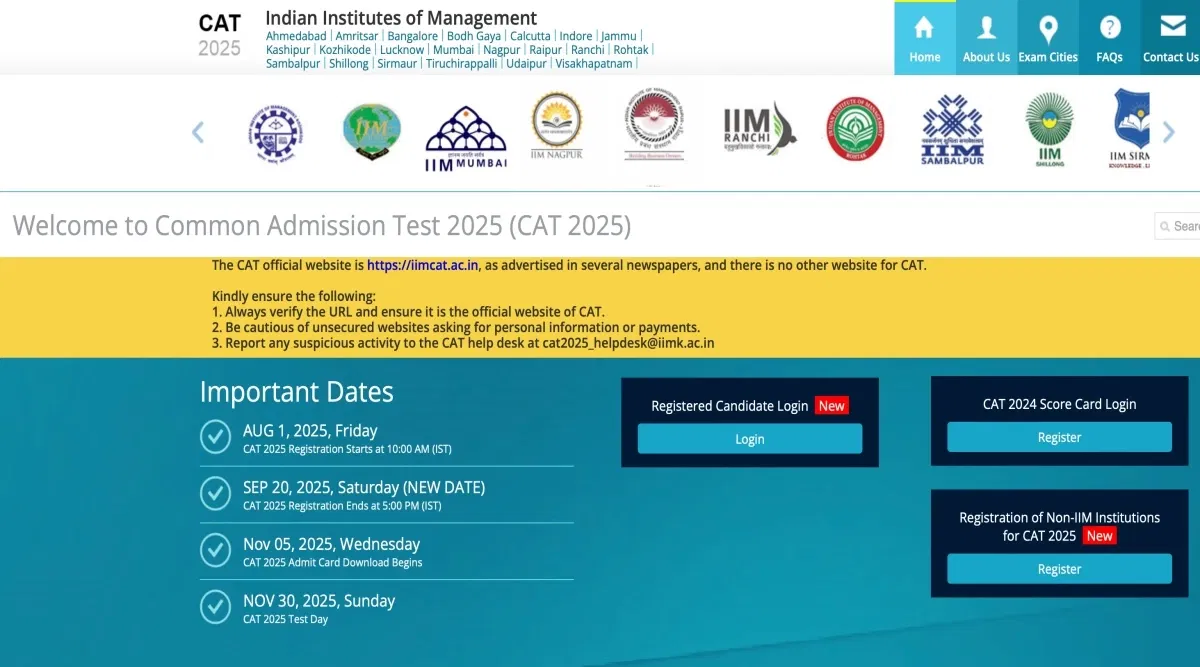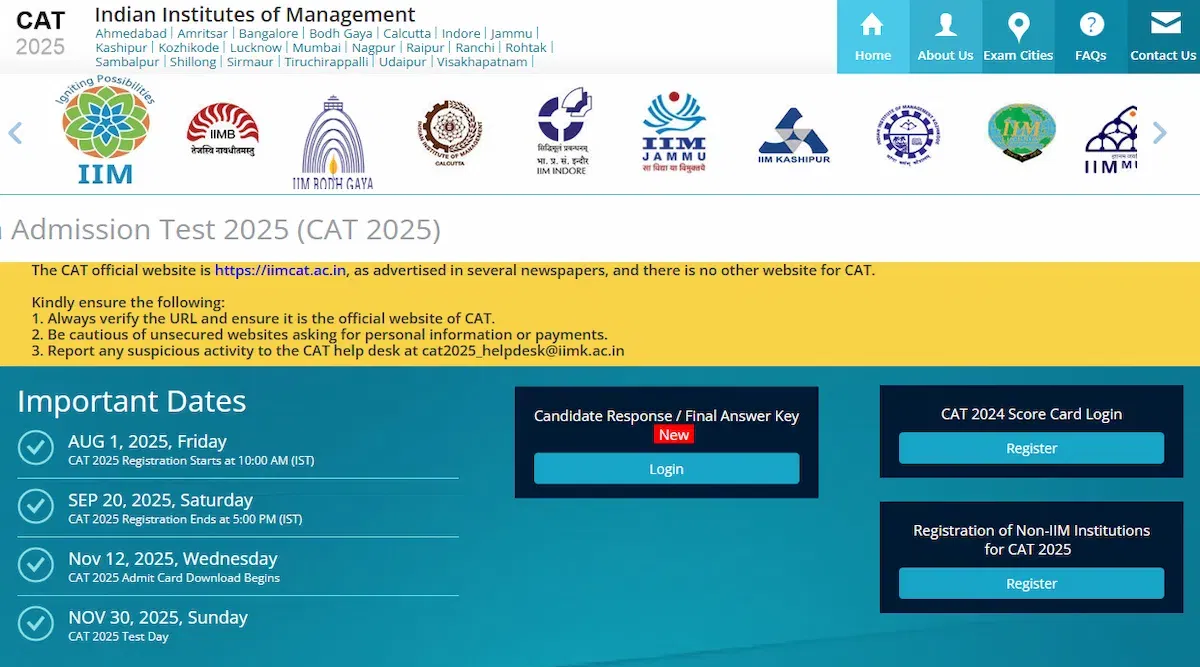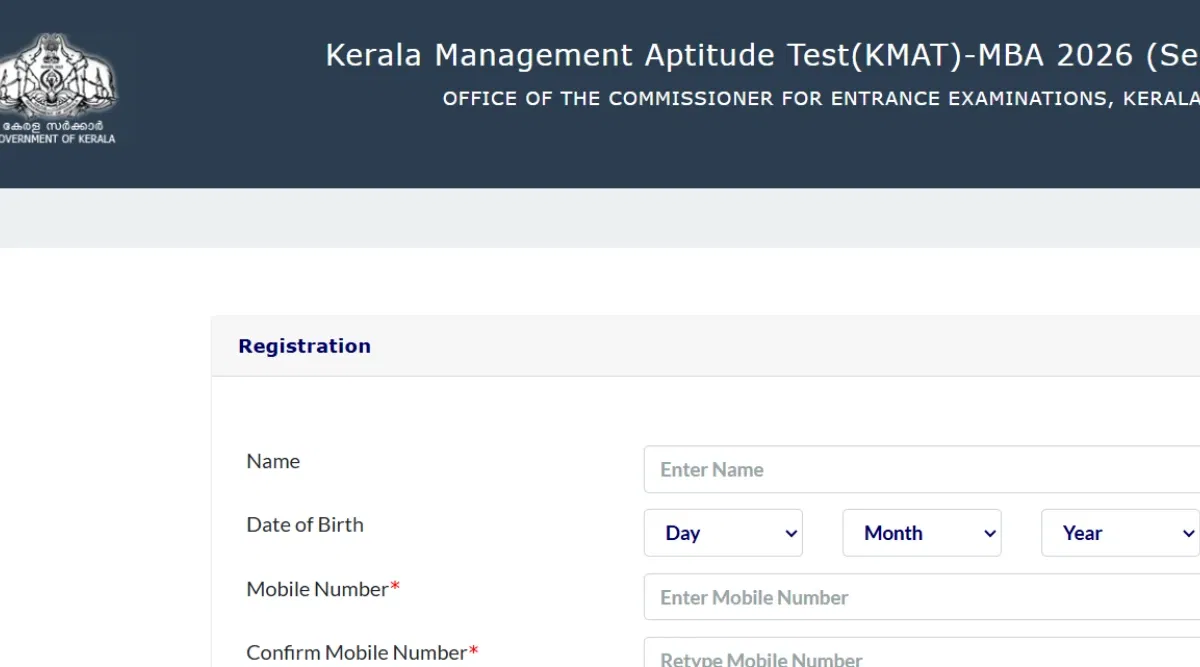Not sure what to choose between MHA or MBA? Check out this article to learn more about MHA vs MBA eligibility, top colleges, career options, salary packages etc.
Table of Contents
MBA courses are more generic and can work in various fields, while MHA courses focus on the leadership abilities essential for a healthcare job and is a much more specialized course that provides better skills and knowledge for working in healthcare. The major difference between MHA and MBA is that MBA focuses primarily on areas of management in the healthcare industry, whereas MHA offers a more comprehensive grasp of the healthcare business, combining management, hospital support services, etc.
MBA courses provide you with an in-depth understanding of business principles and methods. An MHA program, on the other hand, focuses on the healthcare industry's specific needs, opportunities, and challenges. This article looks at the main differences between MBA vs MHA to help you decide which is better.
MHA vs MBA Which is Tough?
MBA graduates fill most jobs in top-tier companies, while hospitals prefer candidates with degrees in MHA. Both degrees aid in securing a position in the management sector, but one must explore their structures and career scopes before choosing. The decision between an MBA vs MHA is entirely based on your future goals. An overview of the aspects of the MHA vs MBA course is outlined in the table below.
| Factors | MBA | MHA |
| Course Full Name | Master of Business Administration | Master of Hospital Administration |
| Duration | 1- 2 years | 2 years |
| Steam | Management sector | Healthcare Sector |
| Eligibility | Bachelor degree from any steam. | Bachelor degree from any steam. Priority is given to medical degree holders. |
| Average Fees | Approximately INR 3 lakhs - 10 LPA | Approximately INR 3 lakhs - 5 LPA |
MHA vs MBA Overview
MHA is a 2-year postgraduate degree focusing on managing healthcare systems and prepares students for careers in Healthcare Management and Administration. Students enrolled in an MHA course learn basic skills to develop strategies to deal with the healthcare industry's mounting problems. It's a management degree focusing on health facilities and other healthcare systems and infrastructure. MHA students examine and evaluate challenges that might affect the healthcare industry in the future.
MBA is a worldwide renowned post-graduate or graduate-level degree program that studies management and business administration. MBA is a generalist degree, but specialisations and concentrations let you learn about different business areas. This course teaches students the essential business and management concepts that apply to various fields.
The basic topics included in MBA programs are finance, accounting, marketing, hospitality, and economics. With the specialised MBA courses, MBA's reach has grown outside the business and corporate sectors with approximately 1500 + variants.
Also Read: MBA vs PGDM
MHA vs MBA Eligibility Criteria
MHA or MBA are extremely popular programs, which is why many of you want to register. If you're considering enrolling in MHA or MBA and have high aspirations for a future in management, you should be clear about their different eligibility criteria. Look at the general qualification for MHA vs MBA eligibility:
| MHA Eligibility Criteria | MBA Eligibility Criteria |
|
Bachelor's degree from an accredited institution or stream with at least 50%. Those with medical degrees are given preference. |
Students must have a bachelor's degree from any stream with at least 50%. |
|
One or more years of experience in the health-related industry. Although it is voluntary. |
1+ years of related job experience. Many colleges do not make it mandatory. |
|
Age Limit - 17 - 21 |
No specific age limit |
|
Top Entrance Exams : CAT, MAT, SAAT, AMITY JEE GRE for Courses Abroad |
Top Entrance Exams : CAT, MAT, XAT, NMAT, GMAT |
Also Read on MBA Admission
MHA vs MBA Top Entrance Exams
The entrance exams are a must, and so is a good merit score for MHA or MBA courses. Admission to the top MBA or MHA institutions in India is determined by an applicant's performance on the entrance tests. The most reputable entrance tests for MHA vs MBA courses at the national and university levels are as follows:
| MHA Entrance Exams | MBA Entrance Exams |
| CAT | CAT |
| MAT | MAT |
| SAAT | XAT |
| GRE | NMAT |
| AMITY JEE | CMAT |
| - | GMAT |
| - | TANCET |
| - | MAH CET |
MHA or MBA Syllabus
Prospective students must clearly understand the MHA vs MBA curriculum to decide what subjects need to be prioritised. MHA specialises in healthcare administration; hence its curriculum covers hospital management. MBA courses concentrate on accounting, economics, management, and human resources, whereas MHA programs focus on healthcare informatics, operations, and quality of care.
MHA Syllabus and Subjects
The MHA Syllabus and Subjects consists of the following major subjects:
- Pharmaceuticals
- Human Physiology
- Medical Terminology
- Economics Of Health Care
- Hospital Environment And Health Care
MBA Syllabus and Subjects
The MBA Syllabus and Subjects are as follows:
- Entrepreneurship
- Human Resource
- Marketing Management
- Financial Management
- Strategic Management
- Legal Aspects of Pharmaceutical Business
MHA vs MBA Top Colleges
The most renowned and widely recognized universities/colleges in India that offer Master of Business Administration (MBA) and Master of Public Administration (MHA) degrees are listed in the table below. Check out the top 10 institutions for MHA or MBA courses in India.
MHA vs MBA Career Options
MBA or MHA graduates are prepared for high-level management, administrative, and executive roles in various sectors. Incredibly diverse career paths are available to students with either an MHA and MBA degree. When deciding between MBA vs MHA, a student must compare the course's career prospects with their future goals. Let's compare MHA vs MBA career options one can opt for:
| MHA Job Roles | MBA Job Roles |
| Medical Record Administrator | HR Manager |
| Health Facility Supervisor | Operations & Marketing Manager |
| Hospital Director. | Public Relations Officer Or Manager |
| Health Care Analyst | Branding Manager |
| Medical Services Manager | Business Analyst |
| Healthcare Examiner | Finance Manager |
| Healthcare Advisor | Business Development Coordinator |
MHA vs MBA Salary Packages
MBA vs MHA salary differs as per experience and specialization. Though the general MBA vs MHA salary packages is mentioned below:
| MHA Salary Package | MBA Salary Package |
|
An MHA graduate can earn an average income of between INR 2 and 50 LPA. Freshers may begin with an average MHA salary package, but as they gain experience, it increases to a particular level. |
The salary range for MBAs is typically between INR 4 and 15 LPA. Completing an MBA in India offers graduates an extremely lucrative job and good pay. |
Also Check:
MHA vs MBA Which is Better?
MBA vs MHA is a common debate among healthcare administration and management students. MHA or MBA degree programs enable students to acquire executive-level business skills, understand how to use business principles in the healthcare industry, and position themselves for leadership roles. MBA program deals with delivering knowledge about business concepts and management practices. Students who wish to make a career in the healthcare industry can pursue an MBA in healthcare administration.
MHA or MBA in Healthcare Management courses leads to administrative, executive, and management roles. Marketing could be one important point of differentiation when comparing MHA vs MBA. While marketing is a major focus in a standard MBA curriculum, this study area is often overlooked in MHA programs.
Therefore, an MHA program might be the best option if you are aiming for the healthcare sector. However, if you are unsure and want to explore more options in diverse fields, an MBA program will be ideal. However, several other factors, like career options, curriculum, the scope of earnings, etc., must be considered before deciding between MHA vs MBA.























POST YOUR COMMENT